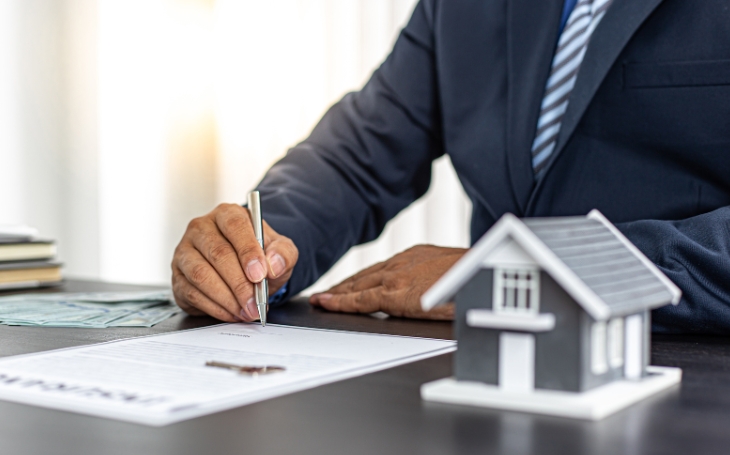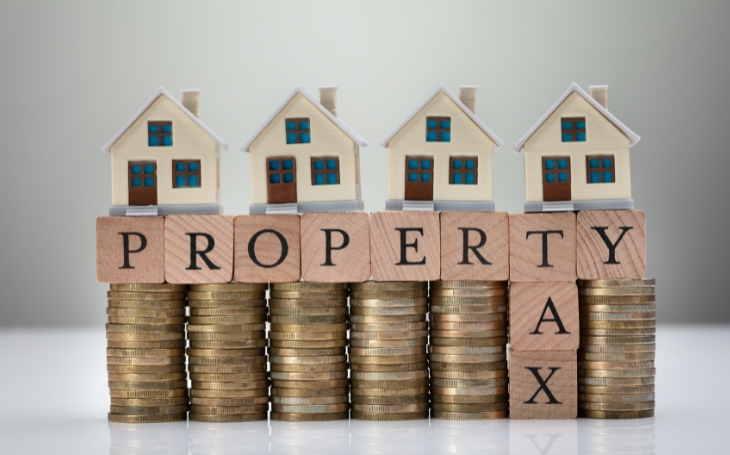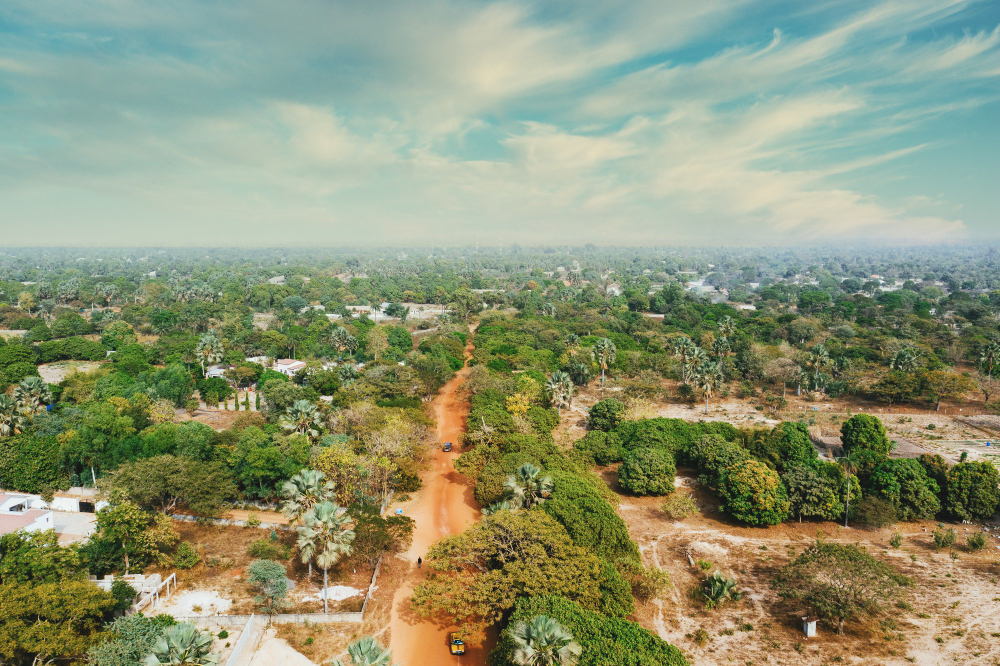
Overcoming Property Legal Issues in The Gambia
- By, Admin
- 03 Jul, 2024
Purchasing property in The Gambia can be an incredibly rewarding investment, offering beautiful landscapes, growing infrastructure, and a vibrant culture. However, it is essential to navigate the potential legal issues that may arise during the process. Understanding and addressing these issues can ensure a smooth and successful transaction.
Understanding Property Laws in The Gambia
Land Ownership Types
In The Gambia, land can be classified into three main categories: State Land, Customary Land, and Freehold Land. Each type comes with its specific regulations and implications for ownership.
State Land: Managed by the government, this type of land is leased to individuals or entities for a specified period, typically up to 99 years. The leaseholder has rights to use the land but must adhere to the terms set by the state.
Customary Land: Governed by traditional community rules, this land is often passed down through generations within a family or community. Buying customary land requires careful negotiation and recognition of traditional authorities.
Freehold Land: This is the most straightforward form of ownership, where the owner holds the title to the land outright. However, freehold properties are rare in The Gambia.
Legal Framework and Institutions
The legal framework for property transactions in The Gambia is based on a combination of statutory laws and customary practices. Key institutions involved include:
- Ministry of Lands and Regional Government: Responsible for land administration and policy implementation.
- Land Registry: Manages the registration of property transactions and ensures the legitimacy of land titles.
- Local Government Authorities: Oversee land issues at the regional and community levels, particularly for customary lands.
Key Legal Challenges in Property Transactions
Title Verification
One of the most critical steps in purchasing property is verifying the title. Ensuring that the seller has clear and undisputed ownership is paramount to avoid future disputes. This involves conducting thorough due diligence, including:
- Title Deed Inspection: Reviewing the original title deed to confirm the seller's ownership.
- Search at the Land Registry: Conducting a formal search to verify that the title is free from encumbrances or legal disputes.
- Survey Report: Obtaining a professional survey to confirm the property's boundaries and any existing encroachments.
Fraud and Misrepresentation
Fraudulent activities and misrepresentation can pose significant risks to property buyers. Common issues include forged documents, non-disclosure of existing mortgages or liens, and false claims of ownership. To mitigate these risks:
- Engage Legal Counsel: Hiring a reputable lawyer with expertise in Gambian property law is crucial. They can assist with document verification and ensure compliance with legal requirements.
- Due Diligence: Conducting background checks on the seller and any intermediaries involved in the transaction.
- Use of Escrow Accounts: Holding funds in an escrow account until all legal checks are completed can protect against fraudulent transactions.
Boundary Disputes
Boundary disputes are common in property transactions, particularly in areas with less formal land demarcation. To address these issues:
- Professional Surveying: Engaging a licensed surveyor to clearly define property boundaries.
- Community Consultation: Involving local community leaders and neighboring landowners in the boundary verification process can prevent future disputes.
- Legal Recourse: In case of disputes, seeking mediation or legal intervention from local authorities or courts.
Navigating the Purchase Process
Initial Agreement and Negotiation
The property purchase process typically begins with an initial agreement between the buyer and seller. This phase involves:
- Offer and Acceptance: The buyer makes an offer, which the seller can accept, reject, or negotiate.
- Preliminary Agreement: A preliminary agreement outlines the basic terms of the sale, including the purchase price, deposit amount, and timeline for completion.
Formal Contract and Legal Compliance
Once the preliminary terms are agreed upon, the parties move to formalize the transaction:
- Sale Agreement: Drafting a comprehensive sale agreement that includes all necessary legal clauses and conditions.
- Payment of Stamp Duty: The buyer is required to pay stamp duty, a government tax on the transaction, which is a percentage of the purchase price.
- Registration of the Sale: Submitting the sale agreement and other necessary documents to the Land Registry for official recording.
Transfer of Ownership
The final step is the transfer of ownership, which involves:
- Issuance of New Title Deed: The Land Registry issues a new title deed in the buyer's name, officially recognizing them as the property owner.
- Possession and Handover: The buyer takes possession of the property, and all keys and relevant documents are handed over.
Practical Tips for Property Buyers
Engage Reputable Professionals
- Lawyers: Hire a qualified lawyer with experience in Gambian property law to guide you through the legal complexities.
- Surveyors: Use professional surveyors for accurate boundary demarcation and property assessment.
- Real Estate Agents: Work with licensed and reputable real estate agents who have in-depth knowledge of the local market.
Conduct Thorough Research
- Market Analysis: Understand current market trends, property values, and potential future developments in the area.
- Community Insight: Learn about the local community, including cultural practices and potential challenges related to land ownership.
Prepare for Additional Costs
- Legal Fees: Budget for legal fees, including lawyer and surveyor costs.
- Taxes and Duties: Be aware of taxes such as stamp duty and any other local levies.
- Maintenance and Development: Consider future costs for property maintenance or any development plans.
Conclusion
Overcoming property legal issues in The Gambia requires a thorough understanding of the local legal landscape, diligent verification of ownership, and engagement of reputable professionals. By following these guidelines, buyers can navigate the complexities of property transactions and secure their investment with confidence.



